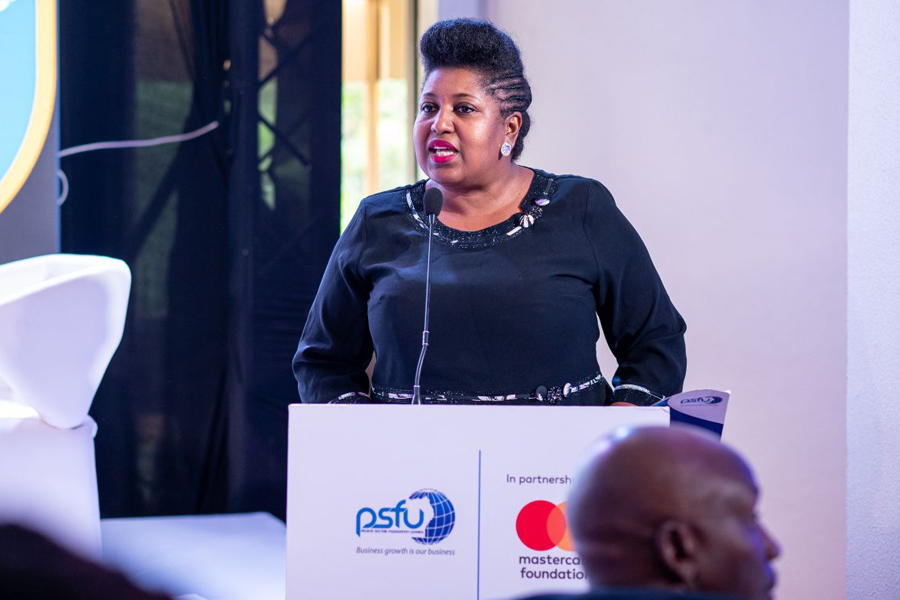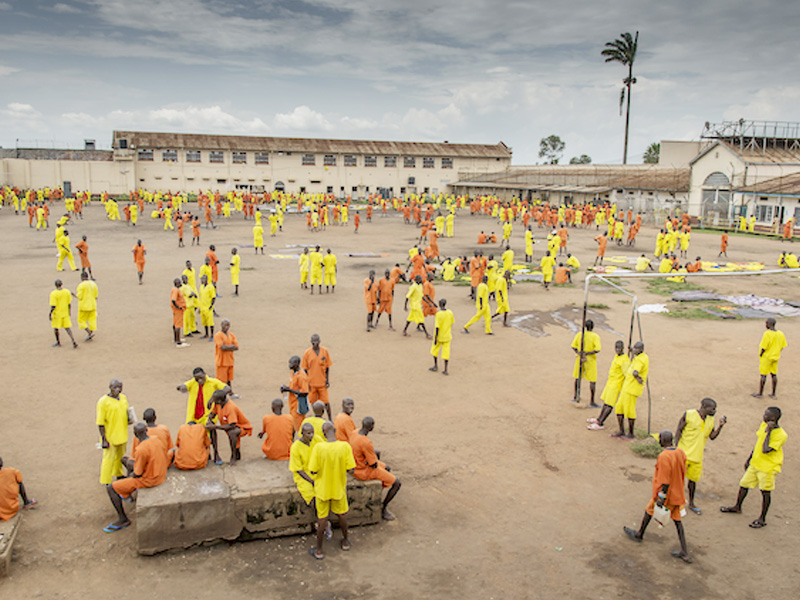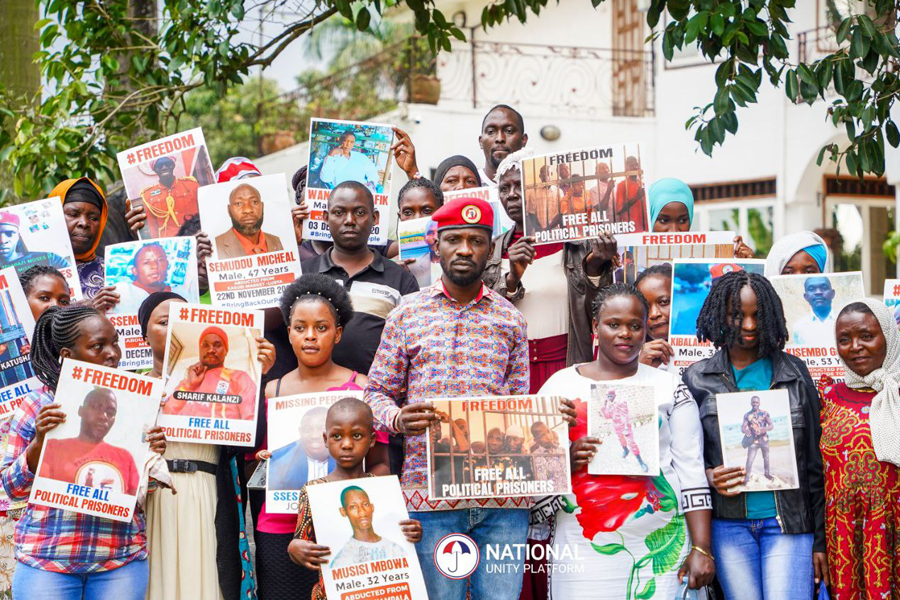Experts call on G20 leaders to end cruel wildlife trade
As the G20 leaders Summit nears, World Animal Protection has through its report urged G20 countries to take bold steps to end cruel wildlife trade in-order to reduce the risk of future pandemics.
The report comes at a time as on-going studies by scientists into the origins of COVID-19 suggest it is most likely that the virus passed from bats to an intermediary animal.
According to World Animal Protection, G20 countries’ inefficient laws have fueled the wildlife trade something that has put the world at the risk of transmission of zoonotic diseases.
 A leopard killed by trophy hunters
A leopard killed by trophy hunters
Edith Kabesiime, Wildlife Campaigns Manager, World Animal Protection says, the laws implemented by G20 countries to protect wildlife are inadequate, often doing more harm than good.
“Wild animals suffer at every stage of the trade. They are extremely distressed when they are extracted from their habitats, then tightly packaged alive, so it’s no surprise many are dead or diseased upon arrival at their destination.”
Kabesiime adds that while the world’s focus remains on vaccination roll-out, virus prevention should be paramount as it’s estimated that over 320,000 mammalian viruses await discovery.
“The fate of animals, people, and our global economy rests in the hands of the leaders of the G20, who are presented with the most practical way to address pandemic prevention - ending the global wildlife trade.”
Commenting on the report, Tennyson Williams, Regional Director, World Animal Protection said:
“Every day, thousands of wild animals are poached or farmed and sold into the global multi-billion-dollar trade – as food, pets, luxury goods, traditional medicine and entertainment. There is a huge risk involved here.”
Williams says dangers of the wildlife trade can no-longer be ignored which is why they are urging the African leaders to call for a ban at the G20 Global Health Summit.
Key findings from the report include:
* The trade's main regulatory body - the Convention on International Trade in Endangered Species (CITES) – does not have the mandate to address zoonotic disease risks.
* There is little or no screening and monitoring of imported wild animals for disease, allowing the undetected movement of pathogens across global boundaries.
* The number of people involved in the wildlife trade supply chain provides ample opportunity for infectious disease transmission.
In response to the COVID-19 pandemic, World Animal Protection has been lobbying the G20 world leaders to end the global wildlife trade and has received over 1.1million petition signatures from individuals across the World. The Petitions will be delivered to the G20 leaders’ Summit later this year.













